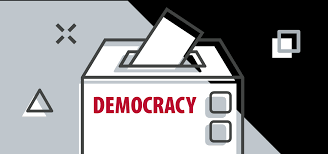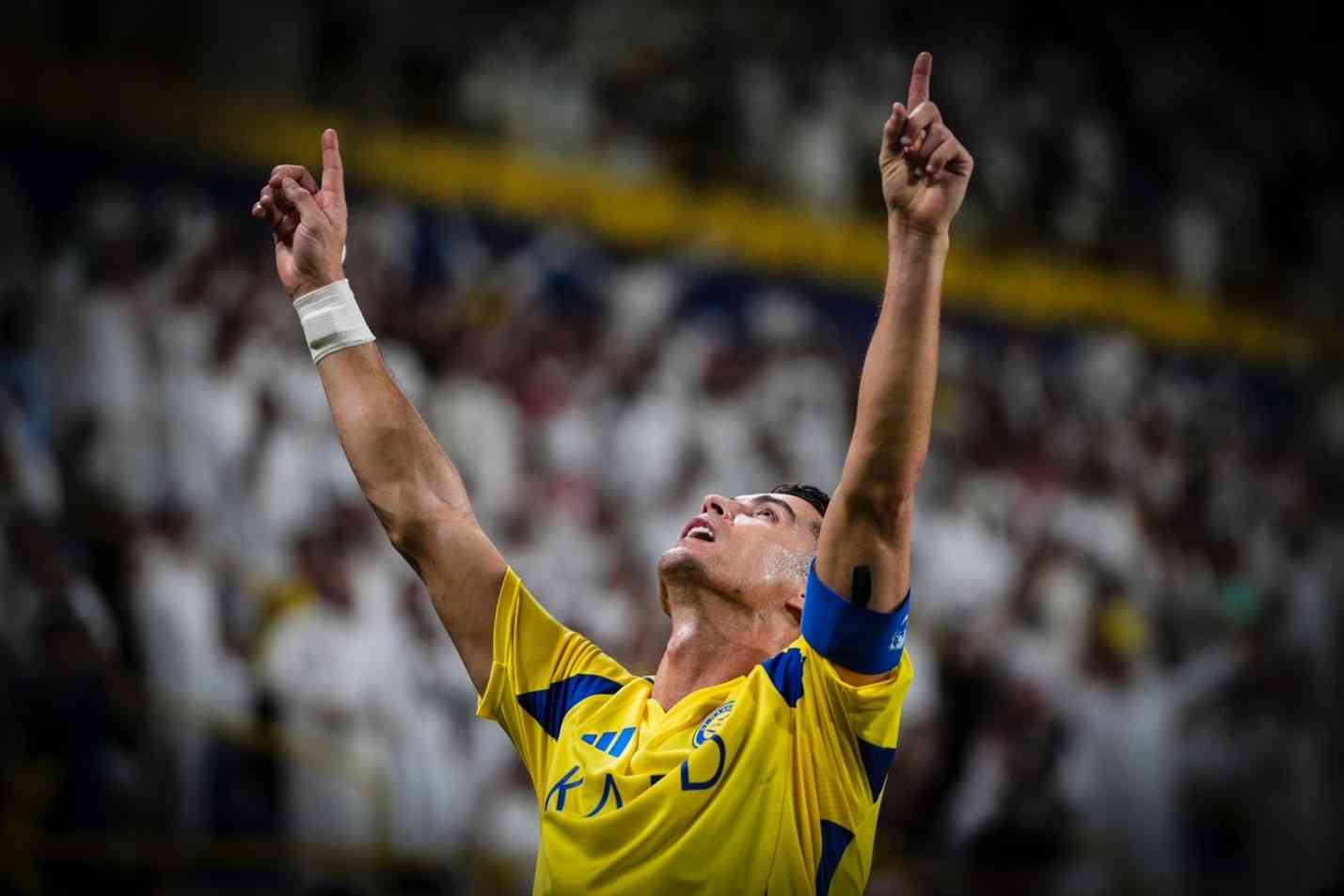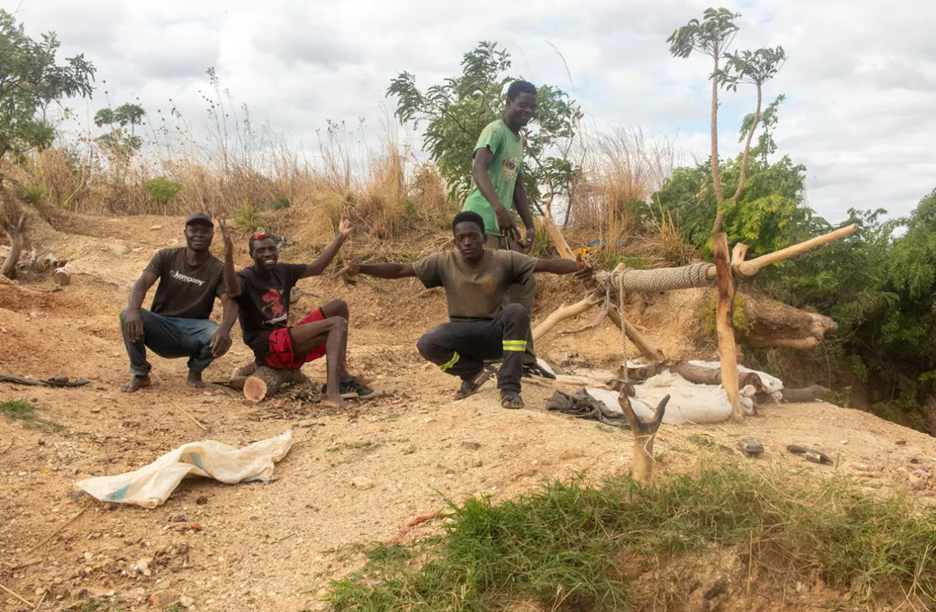
THIS past weekend social media was awash with reports alleging that some politicians — particularly sitting Members of Parliament — were paid to vote along certain lines in the august House or even paid their way to positions of party representation.
Some reports go further, alleging that party leaders imposed certain individuals as candidates at both local government and parliamentary levels, overriding the will of their grassroots supporters.
While these claims remain unconfirmed, they hint at a deeper malaise within the country’s political landscape. They may also explain the strangely “softer” nature of today’s politics — why protests have seemingly vanished and why confrontation with the State has been replaced by quiet negotiations and personal gain. It is as if the opposition has found a more profitable route: not resistance, but reward. Better paid than pained.
But this shift comes at a heavy cost. Vote buying, in all its forms, undermines the very soul of democracy. It distorts elections, blurs the people’s voice and reduces representation to a commodity. When politicians pose as opposition but secretly collaborate with oppressive regimes, it is cruel deception. It plays on people’s hopes and betrays their trust. It is not only dishonest — it is dangerous.
When money, gifts or favours sway opposition representatives, democracy becomes hollow. Elections cease to be about public service or policy vision and become transactional, dominated by those with the deepest pockets. The result is that many genuine, capable candidates — those with integrity and grassroots support — are sidelined in favour of those willing to pay the price of admission.
This erodes accountability. Leaders who buy their way into office are not bound to serve the people. Their loyalty lies elsewhere — with financiers, the elite or their ambitions. The public good is abandoned in favour of personal gain. Governance becomes disconnected, corrupt and cynical.
At the root of this problem lies poverty — deep, persistent and weaponised. In communities where people struggle for daily survival, vote buying can seem like a lifeline. But it is a poisoned one. It entrenches dependence, rewards manipulation and deepens inequality. Instead of empowering citizens, it reduces them to pawns in a rigged game.
The long-term damage is profound. Public trust erodes. Citizens grow disillusioned and disengaged. The youth — the very ones who should be energised to shape their future — become cynical, opting out of a system they believe is already bought and sold.
- Zec under fire over youth voter registration
- The brains behind Matavire’s immortalisation
- ‘Zec refuses to release voters roll’…Mangwana, Silaigwana evasive
- Zim’s human rights record examined
Keep Reading
Meanwhile, national development stalls. Political discourse shifts from substance to strategy — less about vision, more about who is paying whom. Instead of building towards a just and inclusive society, countries stuck in this cycle sink into stagnation, ruled by leaders more focused on the next deal than the next generation.
Yes, the economic situation is dire. And yes, the ruling party has deployed every tool to entrench itself in power. But that cannot justify the collapse of moral leadership in the opposition. If some among them are no longer committed to the cause — if their resistance has become performance, their activism a hustle — then perhaps it is time they step aside. People cannot keep sacrificing sweat, blood and lives while others cash in on their struggle.
What is happening now is not just political decay. It is an ethical betrayal. And if what we see emerging on social media holds even a grain of truth, then a reckoning is long overdue. The people deserve leaders who are honest, accountable and courageous — not just better paid.
That is the heartbreak at the centre of it all. If the people have supported the opposition for over two decades, often at great personal cost and risk and with unwavering hope for change, then for that opposition to turn around and accept bribes or make deals with the very system they are meant to dismantle is nothing short of betrayal. It is not just political disloyalty; it is a moral failure.
Accepting bribes in that context is like spitting on the graves of those who suffered, sacrificed or even died believing in a better future. It sends a cruel message: that all the rallies, the arrests, the beatings, the hunger and the dreams were for nothing more than a seat at the same corrupt table. It turns the opposition into a mirror image of the ruling party — different faces, same greed.
It means that instead of acting as a check on power, both sides become complicity in robbing the people. They collude not just in theft of public funds, but in the theft of trust, dignity and vision. That is not just unfair — it is dangerous. Because when the last refuge of hope becomes another source of exploitation, people stop believing altogether. And when people stop believing, democracy dies quietly. There is still time to check out and step aside. The political space would rather stay empty than allow corrupt practices to empty State coffers via the people’s vote.
- Tapiwa Gomo is a development consultant based in Pretoria, South Africa. He writes here in his personal capacity.









